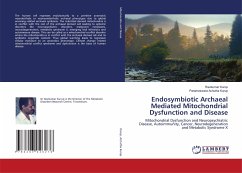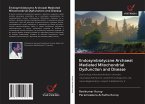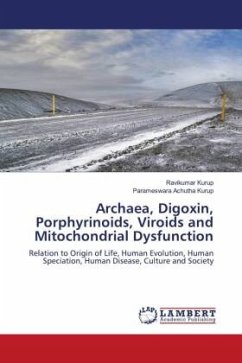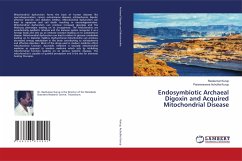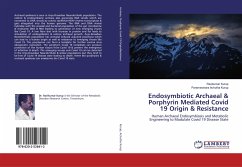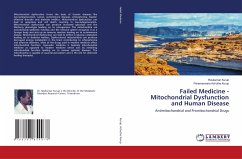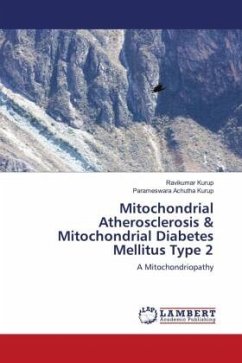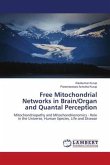The human cell regresses evolutionarily to a primitive anaerobic neanderthalic or neoneanderthalic archaeal phenotype due to global warming related archaeal symbiosis. The rickettsial derived mitochondria is in conflict with the rest of the archaeal derived cell leading to systemic disorders like neuropsychiatric disorders, malignant neoplasms, neurodegeneration, metabolic syndrome X, emerging viral infections and autoimmune disease. This can be called as a mitochondrial conflict disorder where the mitochondria is in conflict with the archaeal derived cell and its symbiotic organelle content. Thus global warming leads to regressive cellular evolution to an anaerobic phenotype. Climate change related mitochondrial conflict syndrome and dysfunction is the basis of human disease.

